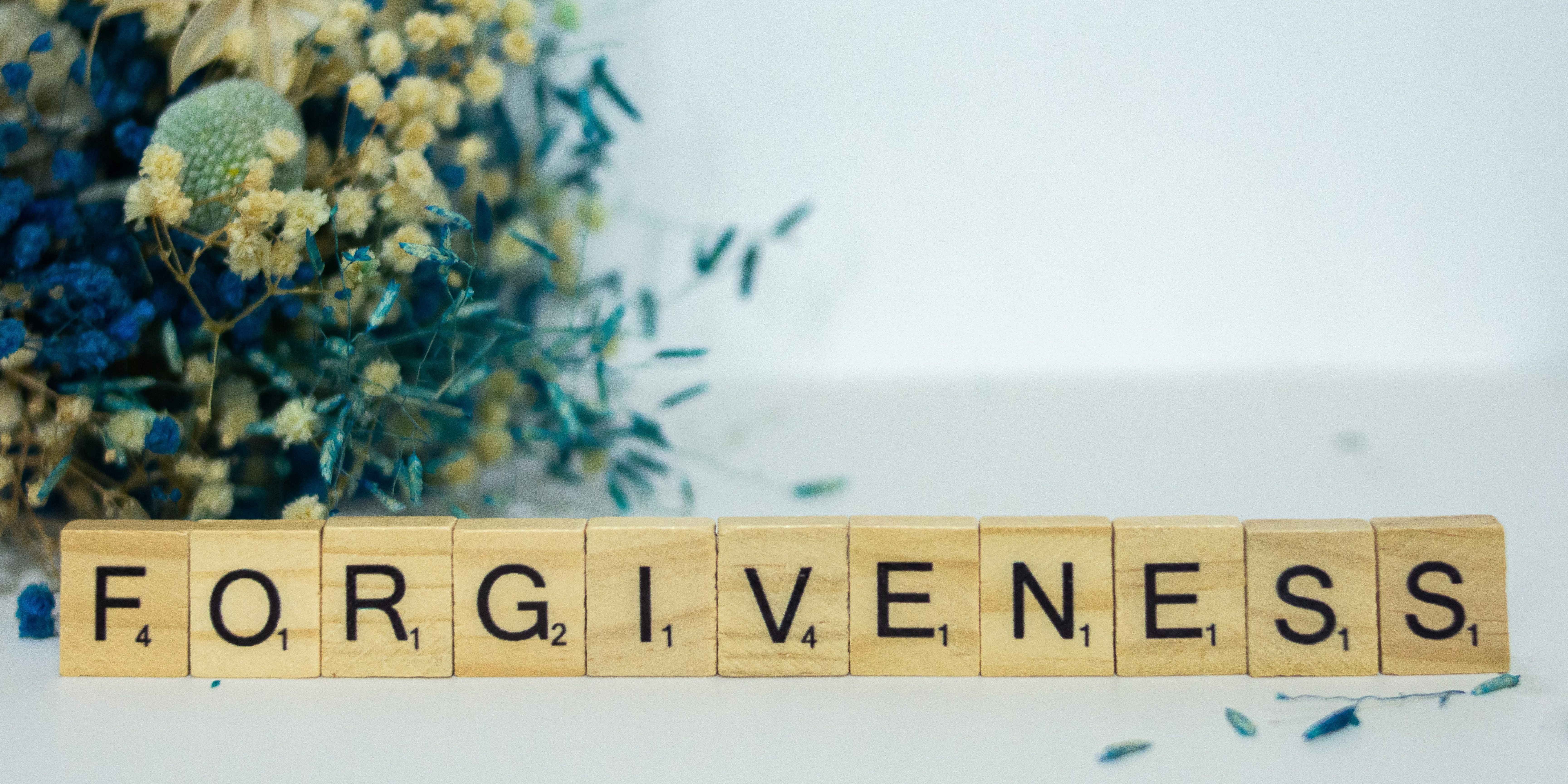December is a time of reflection for most of us, and I recently realised that my core theme of 2022 has been learning what forgiveness looks like. It’s kind of funny writing about it now, having had to face severe anger that would keep me up at night. Sometimes it would even show up in my nightmares and wake me up. It’s funny because I was asked to write a blog about forgiveness in 2020 and I remember having no idea what to write. I more or less regurgitated what was said to me by someone else.
Forgiveness in the Bible
As Christians, we know that once we accept Jesus as our saviour, all our sins are forgiven. So technically, I know what receiving forgiveness is like. However, the challenge to forgive someone else for damage done that may never go away – now that took some diving into what forgiveness is really all about. There are famous forgiveness Bible verses, such as Matthew 18:21-22 “21 Then Peter came to Jesus and asked, “Lord, how many times shall I forgive my brother who sins against me? Up to seven times?” 22 Jesus answered, “I tell you, not just seven times, but seventy-seven times! “. These are the words of Jesus himself, couldn’t be clearer than that. We are called to forgive as often as people sin against us. I just couldn’t fathom the idea of forgiving someone who had hurt me so much. It seemed that it would be the same as saying what they did to me was okay.
My Journey to Forgiveness
My journey to forgiveness started in my counsellor’s office. I remember telling her that I needed to forgive the person because it was too heavy a burden on me. “Unforgiveness is like drinking poison and expecting the other person to die” is what I quoted to her. I also remember saying to her and to some of my friends, that I didn’t think the person deserved forgiveness. I wasn’t looking to forgive because that’s what God tells us to do. Unfortunately, I wanted to do it for selfish reasons. And the more I tried, the more I struggled.
I started reading various books about boundaries, healthy relationships, and forgiveness itself. One core principle that really helped me was that forgiveness doesn’t mean reconciliation. Those two are completely different things that don’t always go hand-in-hand. I knew that in my situation there was no space for reconciliation. So what would forgiveness look like if there was no reconciliation?
Forgiveness without Reconciliation
In my view, forgiveness without reconciliation means, first and foremost, letting go of the anger. I did that through prayer and controlling my thoughts. If my mind wandered back to those traumatic moments that caused my blood to boil, I’d think of something else. The more you think of it, the angrier you become. And you know what? Reliving it won’t bring any justice. That’s another thing I had to let go of. The expectation that there would be some sort of justice. What I had to accept and remember, was that God is just. We’ll all face judgement one day, and I believe that the person who harmed me will be judged for that. Maybe they’ll repent for it before the day comes. I also have to accept that possibility. Forgiveness without reconciliation is about letting go of expectations that you’ll see justice, while still believing that one way or another it will be served.
What Helped Me Forgive
There are a few practical things I did that helped me forgive. The key thing was obviously giving it all up to God. Lyse TerKeurst points out in her book “Forgiving What You Can’t Forget” how The Lord’s Prayer has the phrase “and forgive us our sins, as we have forgiven those who sin against us.” (Matthew 6:12). This is meant to be our daily prayer. In the height of my anger, I would pray the Lord’s Prayer and really pause on those words, sometimes repeating them multiple times, until it sunk in.
Another thing I did was remove myself from the environment where I constantly saw the person who hurt me. I knew that every time I saw him look at me as if nothing had ever happened I would get angrier. The healthiest option to really let go of it all was to remove reminders of it all.
Final Thoughts
Learning what forgiveness looks like came through trial and error. It started off as a selfish desire to have peace for my own sake and led to my wanting to honour God. I truly believe that extending forgiveness to others honours God as we acknowledge that it is not up to us to judge. It’s not up to us to decide who deserves what kind of punishment. If you’re on your journey trying to forgive someone, be patient. It may take a while, it may seem unfair. But we’re all undeserving of forgiveness, yet God forgives and forgets when we ask Him.
